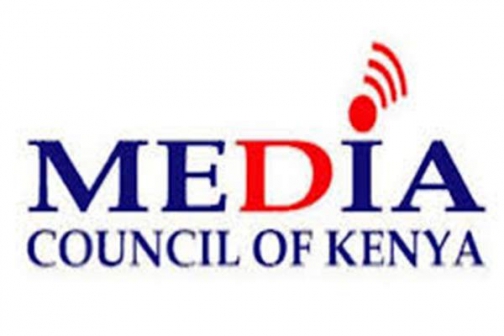
A columnist of note, whom shall not be named here, stated rather bashfully that in order to objective, he had chosen not to register as a voter. In his view, this enabled him to maintain the detached “observer at a distance” status. He could therefore, in good faith criticise or praise both sides of the political divide without feeling that he was being biased.
While this sort of ideological purity is bound to attract a certain amount of respect, it is alas, not necessarily watertight. In my view, it is all but impossible for one to be truly neutral by virtue of being human. Feeling nothing is not easy.